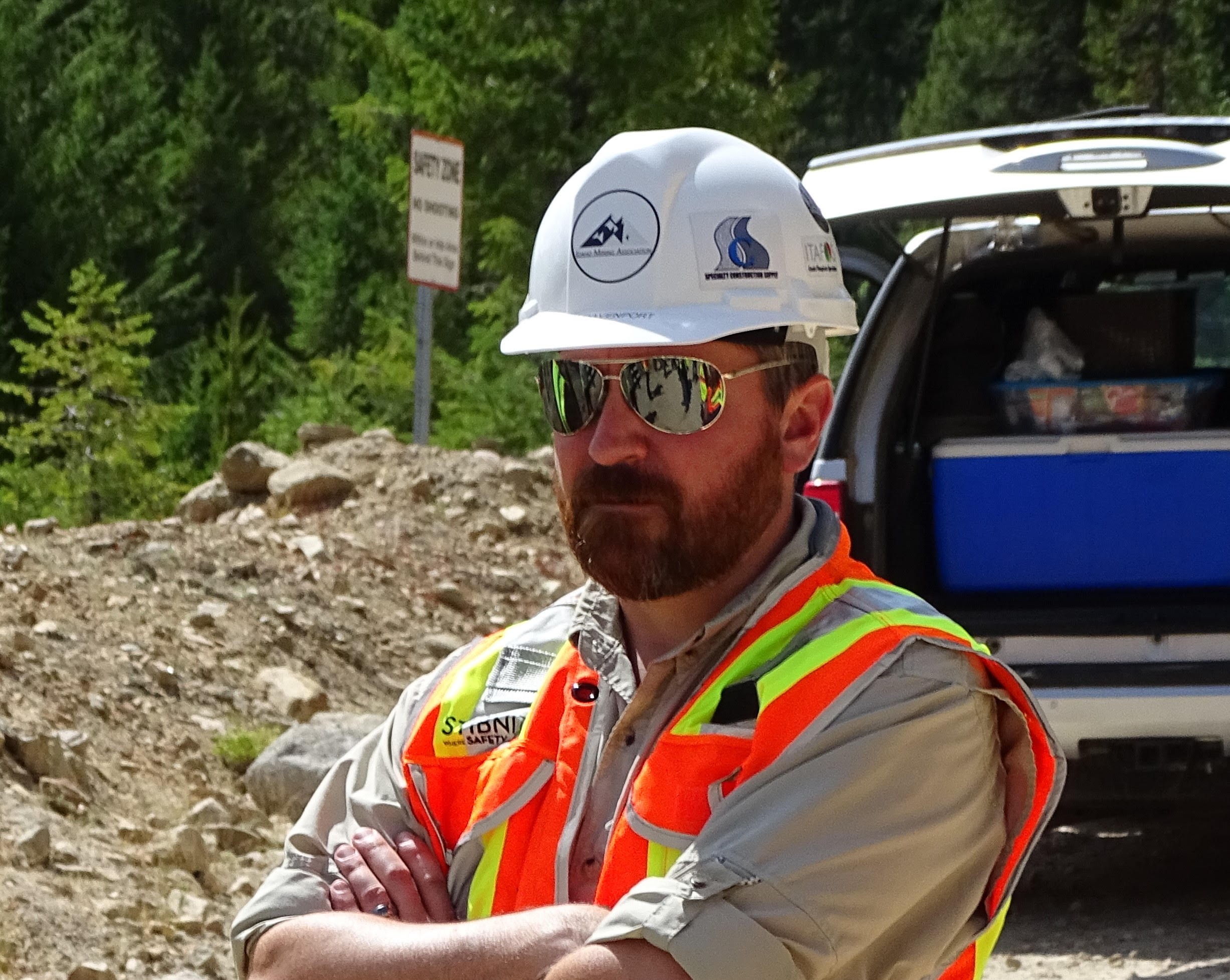The progressive, Democrat-led Reclaim Idaho PAC disguised its plan to overhaul Idaho elections as a way to ‘open’ party primaries. However, if Proposition 1 is passed it will implement ranked-choice voting in the general election and eliminate party primaries altogether.
BOISE, Idaho – The Idaho Supreme Court dismissed a petition from Idaho Attorney General Raúl Labrador which attempted to keep the Idahoans for Open Primary Initiative off the November ballot, paving the way for Proposition 1 to appear on all general election ballots throughout the state.
On August 16, Secure Idaho Elections launched a grassroots education campaign to raise awareness about the issue to ensure voters understand the scheme of Ranked-Choice Voting (RCV) and how Prop 1 would completely change Idaho elections. Other groups like One Person One Vote and Idaho Fair Elections are sharing information about Prop 1 and RCV, and a collaboration by The Heritage Foundation, the Honest Elections Project, and Save Our States produced an educational tutorial about RCV.
In a recent press release, Co-Founder of Secure Idaho Elections Michael Angiletta stated, “Our mission is clear: to protect the simplicity and integrity of Idaho’s voting system. We believe that every vote should be straightforward, and every Idahoan should feel confident in their electoral process. Ranked-Choice Voting, as we’ve seen, undermines these principles.”
Secretary of State (SOS) Phil McGrane (R) issued a five-page letter to the Idaho Legislative Council in which he explains what would happen to the state’s election system should Prop 1 be approved by voters. According to McGrane, implementing Instant Runoff Voting, commonly referred to as Ranked-Choice Voting, would have significant challenges to both public awareness and tabulation of the ballots. It would also be expensive to replace the existing vote tabulation systems. After researching the matter, he estimates, “It would likely cost at least $25M to $40M to replace the existing equipment throughout the state.”

McGrane explains that since Idaho’s elections are run by the counties with oversight from the SOS, the difficulties and expenses involved would greatly exceed the ones in Alaska which has a centralized election system run by the state. For example, Idaho Legislative District 2 spans five counties, each of which uses its own tabulation system that does not transmit information to other counties. “In order to process the multiple rounds of vote tabulation required by the proposed Instant Runoff Voting process, ballots would have to be electronically shared to tabulate races that cross county lines,” stated McGrane.
Idaho law enacted in 2024 forbids tabulation machines to be connected with the internet. Furthermore, McGrane stated that Idaho Code §34-2409 requires all vote tally systems to be certified by the Secretary of State and the U.S. Election Assistance Commission (EAC) and neither of the two certified vendors in Idaho can support tabulating the results of Instant Runoff Voting ballots. While there is a company known as Ranked Choice Voting Resource Center (RCVRC) with software that tabulates ranked-choice ballots, it is not certified by EAC and is not in the process of being certified.
“The implications of this are that Idaho would either need to change our certifications standards and statutes, which I do not recommend, or transition to a different vote tabulation system,” stated McGrane. He goes on to explain that only two vendors with systems that have been certified by EAC (or are in the process of being certified) and able to tabulate the Instant Runoff Voting ballots are Clear Ballot Group and Dominion Voting Systems, neither of which are certified in Idaho.
McGranes analysis shows that Prop 1 would establish Ranked-Choice Voting in Idaho and lends credence to assertions by Secure Idaho Elections that RCV is confusing, expensive, destroys transparency, and doesn’t count all votes.
“Prop 1 would put Idaho elections at risk with complicated and confusing ballots that rely on multiple rounds of tabulation by computer algorithms to determine a winner,” states Angiletta who believes the multiple tabulation process destroys transparency. “There is no way to quickly confirm the accuracy of the computer processes involved.” The group’s website highlights a RCV election in California that certified the wrong person and notes there are more instances of RCV errors.
Alaska is in the process of undoing its RCV election system which led to a Democrat winning the state’s only congressional house seat in 2024. Alaska’s RCV process has been wildly unpopular due to its complexities and ‘exhausted’ ballots that saw over 11,000 ballots discarded. The Alaska Supreme Court recently upheld the ranked-choice voting repeal initiative, so Alaska voters will cast ballots to remove RCV at the same time that Idaho voters will cast ballots to implement RCV.
The Kootenai County Republican Central Committee (KCRCC) passed a resolution on August 27 which resolved to “unequivocally oppose Proposition 1” citing the 2023 IDGOP resolution opposing Ranked-Choice Voting, the 2024 IDGOP Platform Article II, Section 4 opposing ballot exhaustion and Instant Runoff Voting, Idaho Code §34-903B prohibiting Ranked-Choice Voting, and U.S. Constitution Article I, Section 4 prescribing authority to state legislatures over the election of congressional offices. The KCRCC resolution opposing Prop 1 will be sent to the Idaho Attorney General and Kootenai County’s twelve state legislators.
Almost a year ago, during the signature collection phase of the initiative that led to Proposition 1, Kootenai Journal published an article explaining Idaho elections and the politics behind the push to implement RCV. In the article, we wrote “the election process that Reclaim Idaho is trying to implement in Idaho is better known as ranked-choice voting, which was banned in Idaho’s 2023 Legislative Session via House Bill 179.” This statement was lampooned by Reclaim Idaho supporters, who claimed that we misrepresented the initiative and issued emphatic denials that RVC was part of the initiative. We stand behind our initial analysis of the “Open Primaries Initiative” as reported in September 2023, and a thorough review of McGrane’s letter shows that Idaho’s chief elections officer agrees.







